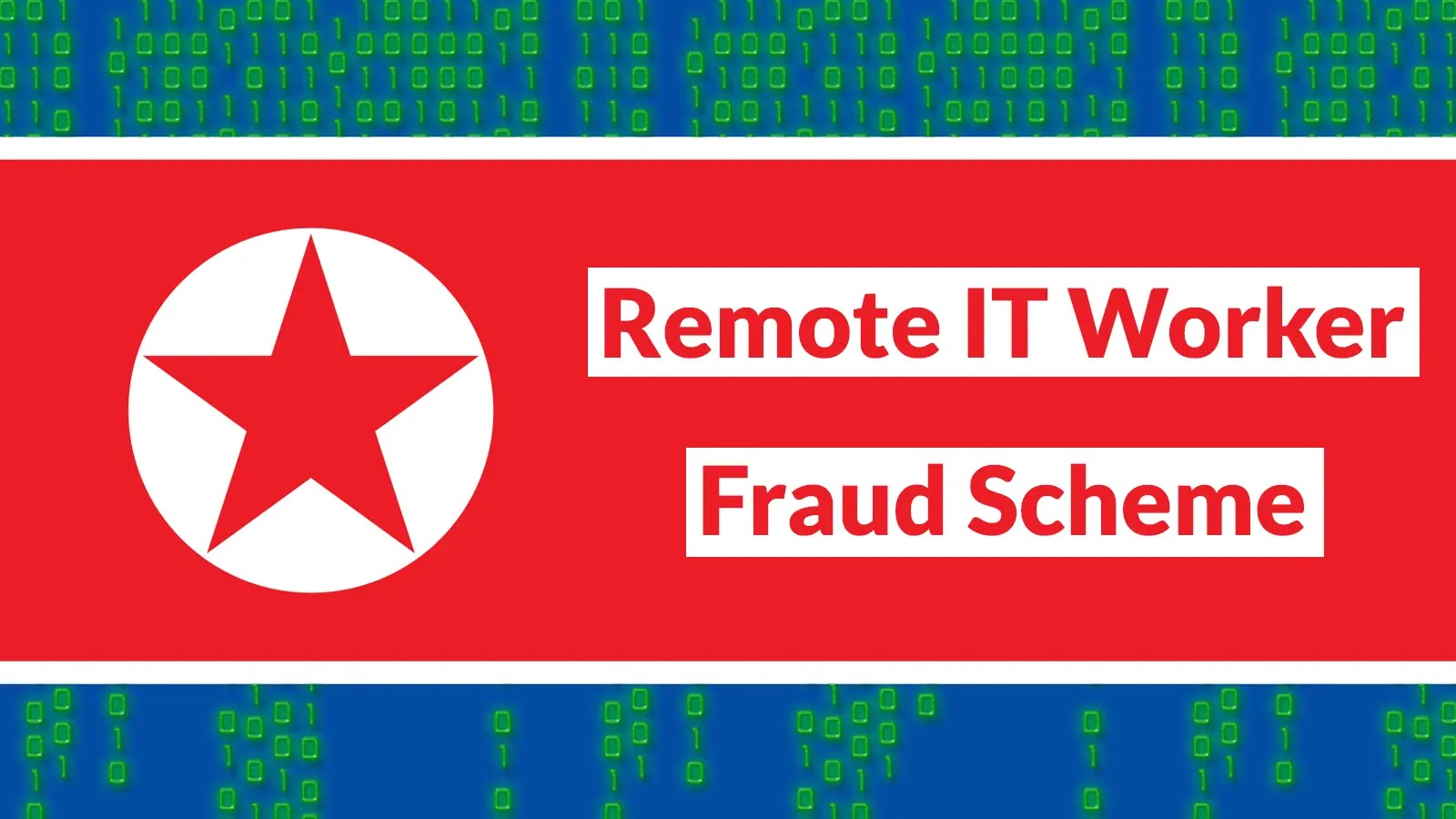In recent years, a sophisticated fraud scheme orchestrated by North Korean operatives has come to light, involving the infiltration of international companies through remote IT positions. This elaborate operation not only underscores the evolving tactics of cyber adversaries but also highlights significant vulnerabilities in global hiring practices, especially in the era of remote work.
The Scheme Unveiled
North Korean nationals, under the directive of their government, have been securing remote IT jobs with companies primarily based in the United States and the United Kingdom. By masquerading as legitimate professionals, these operatives have managed to siphon millions of dollars, channeling funds directly into North Korea’s weapons programs. The U.S. Department of Justice (DoJ) has been at the forefront of exposing these activities, leading to multiple arrests and indictments.
Case Study: The Nashville Connection
A notable instance involves Matthew Isaac Knoot, a 38-year-old from Nashville, Tennessee. Knoot was arrested for facilitating the employment of North Korean IT workers in American and British companies. He allegedly assisted these workers in using stolen identities to pose as U.S. citizens, hosted company laptops at his residences, and installed unauthorized software to enable remote access. This deception allowed North Korean operatives to appear as though they were working from within the U.S., while in reality, they were contributing to North Korea’s weapons programs. The scheme proved lucrative, with each North Korean IT worker earning over $250,000 between July 2022 and August 2023. Much of this income was falsely reported to U.S. tax authorities under stolen identities, further compounding the fraudulent activity. Victim companies, including major players in the media, technology, and financial sectors, suffered significant financial damages, amounting to over $500,000 in auditing and remediation costs.
The Modus Operandi
The operation’s success hinged on several deceptive practices:
1. Fabricated Identities: Operatives created detailed false personas, complete with counterfeit identification documents, fabricated employment histories, and professional references. These personas were used to apply for remote IT positions that offered access to sensitive corporate networks without requiring physical presence.
2. Exploitation of Remote Work Trends: By leveraging the global shift towards remote work, especially in the tech sector, these operatives bypassed traditional security measures and background checks that might have otherwise identified them as foreign agents.
3. Use of Laptop Farms: U.S.-based collaborators, like Knoot, received company-issued laptops intended for the fraudulent employees. These devices were then accessed remotely by North Korean operatives, creating the illusion of domestic employment.
4. Advanced Operational Security: The operatives employed sophisticated techniques to maintain their cover, including the use of remote access software to control corporate devices from abroad, deliberate avoidance of video calls, coordination of voice impersonation, and manipulation of employment verification processes.
Broader Implications
The ramifications of this scheme extend beyond financial losses. By infiltrating companies, North Korean operatives potentially gained access to sensitive corporate data, proprietary technologies, and critical infrastructure information. This access poses significant risks, including data exfiltration, network compromise, and intellectual property theft, all without any visible signs of a security breach.
Government Response
In response to these revelations, the U.S. government has intensified efforts to disrupt such schemes. The DoJ has issued multiple indictments and seized assets linked to these fraudulent activities. Additionally, the Department of State has announced a reward offer of up to $5 million for information on front companies and individuals involved in these illicit activities. These actions underscore the seriousness with which the U.S. government views the threat posed by North Korean cyber operations.
Lessons for Employers
This case serves as a stark warning to businesses worldwide about the growing threat from state-sponsored cyber activities. Employers are urged to:
– Enhance Hiring Verification Processes: Implement robust identity verification measures, including in-person interviews when feasible, to confirm the authenticity of potential hires.
– Invest in Cybersecurity Training: Educate recruitment teams and hiring managers about the risks of fraudulent candidates and the tactics they may employ.
– Deploy Advanced Security Measures: Utilize platforms that can detect fraud, such as inspecting photos for signs of AI editing and flagging suspicious resumes. Implement zero-trust principles to restrict blanket access for employees and closely monitor devices initiating remote connections.
Conclusion
The exposure of North Korea’s remote IT worker fraud scheme highlights the evolving landscape of cyber threats and the need for heightened vigilance in hiring practices. As remote work becomes increasingly prevalent, organizations must adapt their security protocols to mitigate the risks posed by sophisticated adversaries seeking to exploit these new vulnerabilities.



